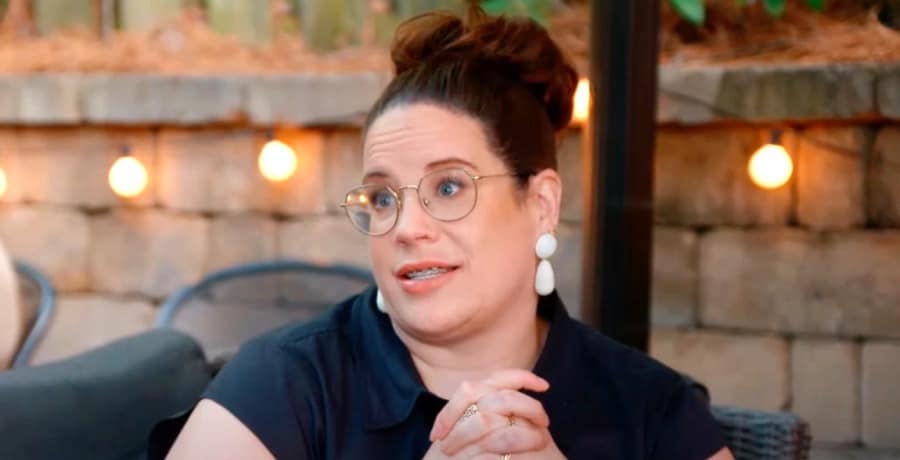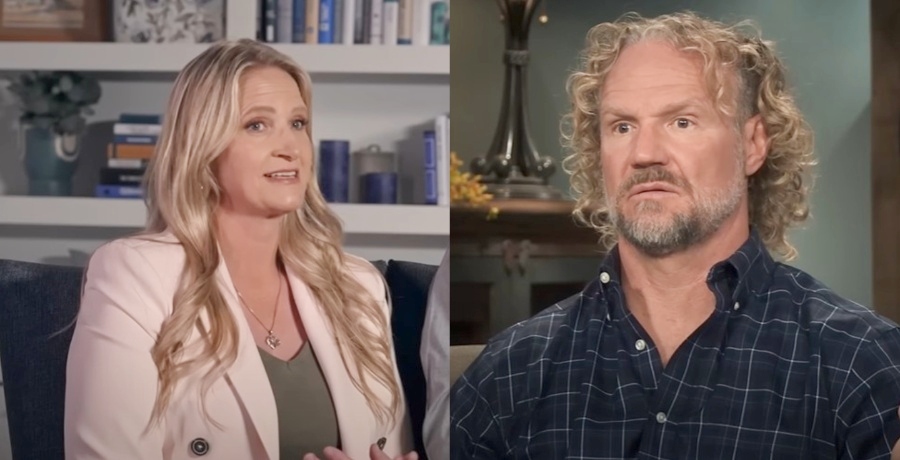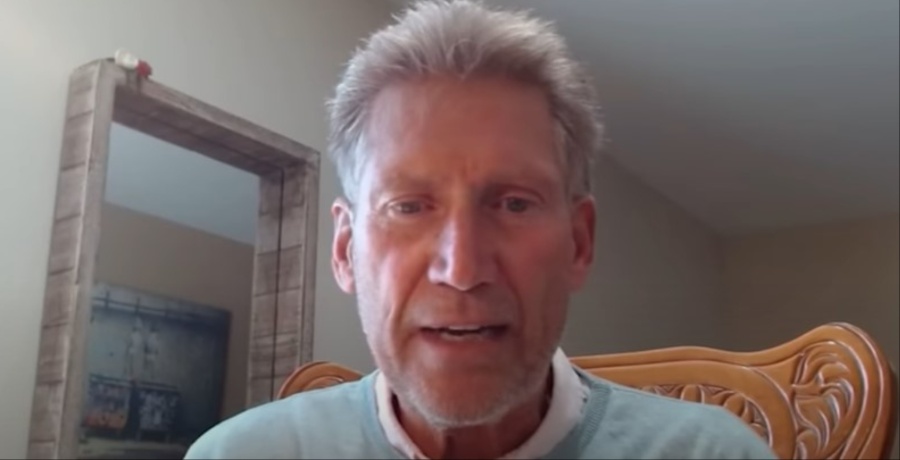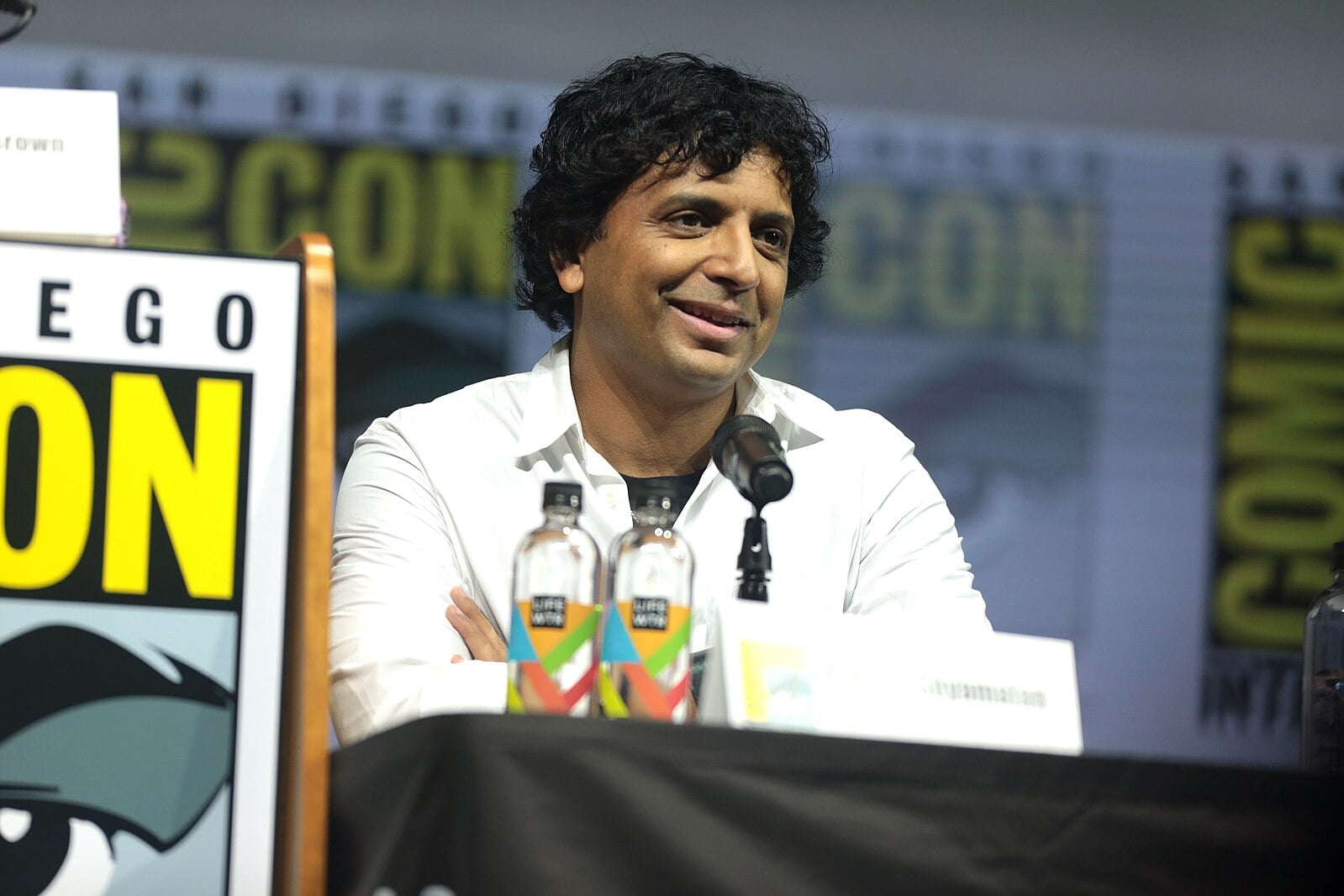Cannes 2024: Mohammad Rasoulof’s Film ‘The Seed of the Sacred Fig’
by Alex Billington
May 25, 2024
One of the most anticipated films premiering at the 2024 Cannes Film Festival is The Seed of the Sacred Fig, the latest from acclaimed Iranian filmmaker Mohammad Rasoulof. His films have show regularly at festivals – Goodbye screened at Cannes 2011, Manuscripts Don’t Burn at Cannes 2013, A Man of Integrity at Cannes 2017; his most recent 2020 film There Is No Evil won the Golden Bear at the Berlin Film Festival. The Seed of the Sacred Fig is especially important and potent because it really upset the Iranian government – they sentenced Rasoulof to eight years in prison as well as flogging, a fine and confiscation of his property just because he made this film. Part of the big question is why – what does it show and why is the Iranian government so afraid of it? Now we know. This remarkable film is about the current events in Iran, mainly the silencing of many women and young protestors who rose up in 2022 by removing burkas in opposition to the government’s heinous morality police. Not only does the film capture this moment quite powerfully, the filmmaking is also extraordinary, making this nearly three-hour-long film gripping from start to finish.
Written & directed by Mohammad Rasoulof, The Seed of the Sacred Fig (known as Les graines du figuier sauvage in French or دانهی انجیر معابد in Persian) is the story of one family in Tehran and what they go through as Iran’s recent conservatism tightens its grip on the country. It opens with a description of what the “seed of the sacred fig tree” is – a parable about how this seed, spread by birds, lands on other trees then grows and strangles the host tree and begins to take over. This anecdote is an explanation for what happens within this story over the next few hours. Iman, played by Missagh Zareh, is a loving father of a family of Iranian women living in a nice house in Tehran, Iran – his wife is Najmeh, played by Soheila Golestani, and they have two teenage daughters named Rezvan and Sana, played by Mahsa Rostami and Setareh Maleki, respectively. Iman is promoted as an investigating judge in the Revolutionary Court. He complains that he cannot properly investigate his cases, with the prosecutors indicating how he must convict and not allowing him any time to consider otherwise. Slowly this influence begins to rot inside of him and he becomes more paranoid – everything boils over when he cannot find his gun that he usually keeps at home for protection.
This narrative is an especially unsettling example of how paranoia, fear, power, manipulation, and excessive control lead to an increase in conservatism and eventually full-on authoritarianism & sadism. There has been some analysis already as to whether Iman is supposed to be the Iranian government personified in one character. While that is one valid interpretation, I saw Iman as exactly who he is – a man who really didn’t seem all that bad at first, caring for his family, trying to do the right thing at work and at home. Much like the sacred fig anecdote at the start, he’s unfortunately influenced & strangled by the oppressive government that controls & suffocates him (and everyone in Iran), driving him mad even though he seems to be entirely unaware of this happening. One film that came to mind while watching this is Francis Ford Coppola’s classic The Conversation, a similar film about how paranoia and fear (of one’s government) can drive someone insane. Iman’s actions and his treatment of his own family becoming increasingly erratic and abusive, with everything spiraling out of control surrounding the missing gun. The film also subtly explores the misogyny, traditionalism, and manipulation prevalent in today’s Iranian society, without being overly blatant about it.
Watching this film at Cannes, everyone going in had no idea what they were about to watch. I was surprised & shaken to discover that the film is literally about the 2022 protests and Iranian women movement that lasted for a few months until the government took increasingly violent action to stop them. Rezvan & Sana are involved in it, following along on social media, and one of their close friends named Sadaf ends up with a horrible injury to her face thanks to police shooting buckshot into the crowd at her college. There are real clips from social media edited in, to reiterate how Iran is falling apart and how horrible all of this was/is. How everything is regressing & moving backwards. This reality is mirrored in the story of the family, with the father falling apart and lashing out at his daughters, saying they shouldn’t have even been there to begin with, blaming them instead of the regime. There is one incredible scene where they’re having dinner and Rezvan, in a chilling performance, strikes back & rejects her father’s claims, pointing out that he is a part of the system and is more obsessed with maintaining the traditionalism he’s employed in rather than accepting that this is what is bad for Iran. It’s an unforgettable scene and my audience reacted with a bit of applause.
The third act of The Seed of the Sacred Fig is immensely satisfying because it departs from everything that came before and moves the action to an entirely different location, letting things play out in a dynamic way (with a big finale that feels like it’s pulled from James Bond’s The Spy Who Loved Me more than anything else in Iranian cinema). After this intense downfall at their home in Tehran, they flee the city. At this point, it seems Rasoulof really has something to say and won’t take any shortcuts trying to say it. He knows how important this film is and he needs to end it in a way that will be impactful and meaningful. Whether or not he does that is up to every individual viewer, however I believe he achieves that, with a striking final shot that certainly does make its point. While this film specifically is about Iran, I couldn’t help but think about how this depiction of horribleness strangling a healthy mind is an accurate depiction of what is happening in many countries right now – including America. Watching Iman turn from good to evil is a universal story, and many people are falling into this trap because of the paranoia and fear that surrounds them. What can we do to stop this? According to Rasoulof, believe women and support women – at all costs, above all else.
Alex’s Cannes 2024 Rating: 9 out of 10
Follow Alex on Twitter – @firstshowing / Or Letterboxd – @firstshowing





























